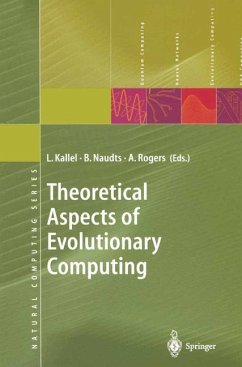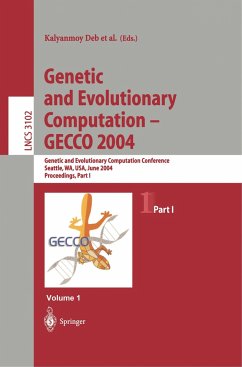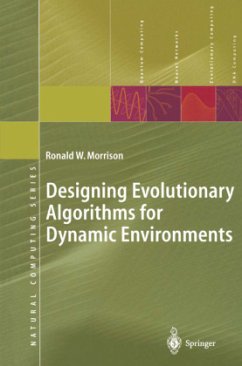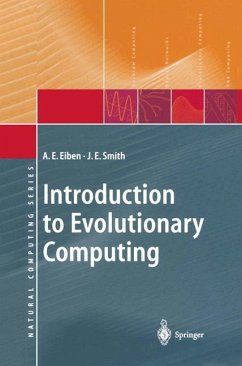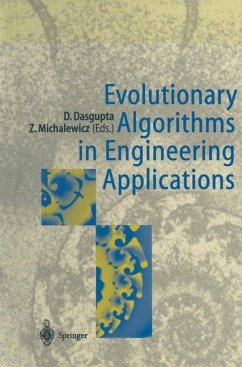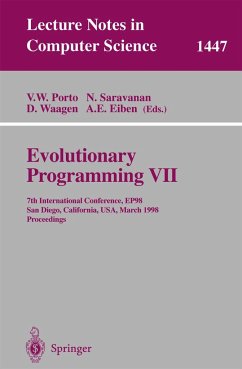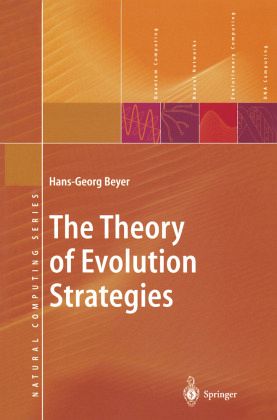
The Theory of Evolution Strategies

PAYBACK Punkte
57 °P sammeln!
Evolutionary Algorithms, in particular Evolution Strategies, Genetic Algorithms, or Evolutionary Programming, have found wide acceptance as robust optimization algorithms in the last ten years. Compared with the broad propagation and the resulting practical prosperity in different scientific fields, the theory has not progressed as much.This monograph provides the framework and the first steps toward the theoretical analysis of Evolution Strategies (ES). The main emphasis is on understanding the functioning of these probabilistic optimization algorithms in real-valued search spaces by investig...
Evolutionary Algorithms, in particular Evolution Strategies, Genetic Algorithms, or Evolutionary Programming, have found wide acceptance as robust optimization algorithms in the last ten years. Compared with the broad propagation and the resulting practical prosperity in different scientific fields, the theory has not progressed as much.
This monograph provides the framework and the first steps toward the theoretical analysis of Evolution Strategies (ES). The main emphasis is on understanding the functioning of these probabilistic optimization algorithms in real-valued search spaces by investigating the dynamical properties of some well-established ES algorithms. The book introduces the basic concepts of this analysis, such as progress rate, quality gain, and self-adaptation response, and describes how to calculate these quantities. Based on the analysis, functioning principles are derived, aiming at a qualitative understanding of why and how ES algorithms work.
This monograph provides the framework and the first steps toward the theoretical analysis of Evolution Strategies (ES). The main emphasis is on understanding the functioning of these probabilistic optimization algorithms in real-valued search spaces by investigating the dynamical properties of some well-established ES algorithms. The book introduces the basic concepts of this analysis, such as progress rate, quality gain, and self-adaptation response, and describes how to calculate these quantities. Based on the analysis, functioning principles are derived, aiming at a qualitative understanding of why and how ES algorithms work.



